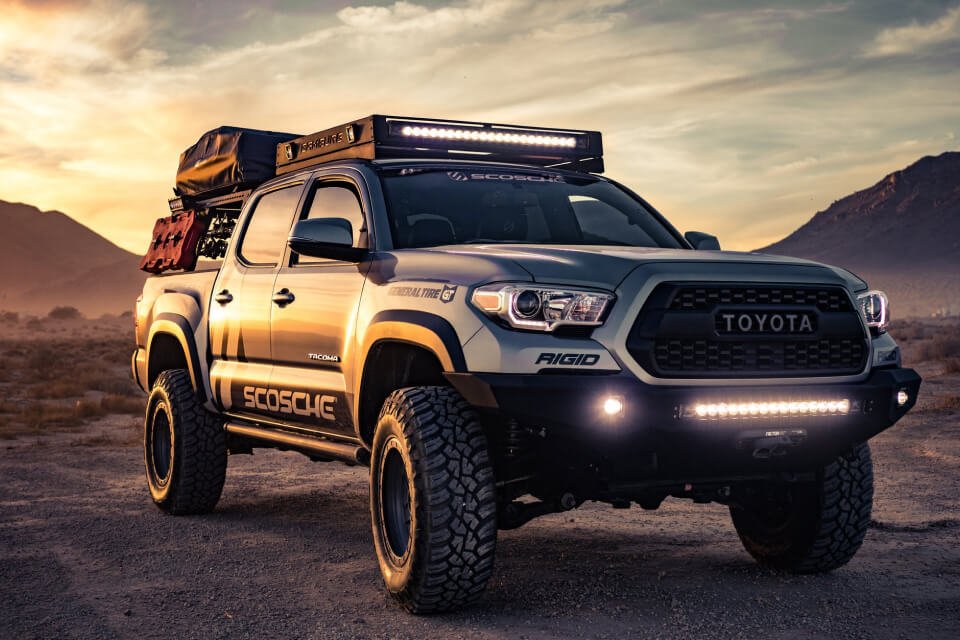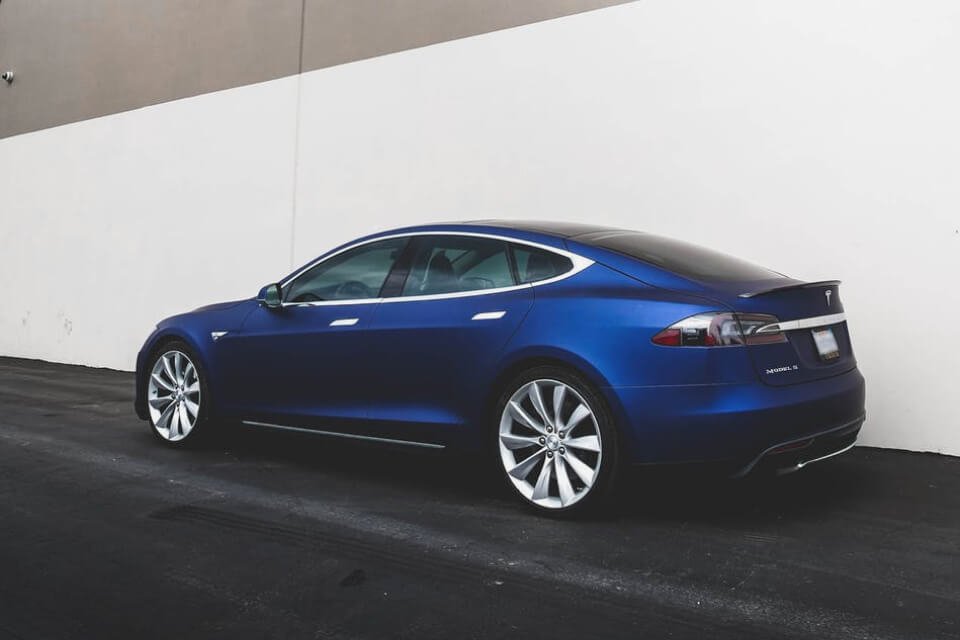The automobile industry is undergoing a significant transformation, driven by the preferences and behaviors of millennials. With their unique perspective and digital fluency, millennials are disrupting traditional notions of automobile ownership and reshaping the industry as a whole. This article explores the various ways in which millennials are influencing the automobile industry, from their preferences and trends in automobile ownership to the impact of ride-sharing and car-sharing services. We will also delve into the rise of electric and hybrid vehicles among millennials, the integration of technology and digital innovations in automobiles, changing marketing strategies, the role of sustainability and environmental consciousness, and finally, the future outlook of how millennials will continue to shape the automobile industry.
1. The changing landscape of the automobile industry
Understanding the impact of millennials on the automobile industry
The automobile industry has always been a symbol of freedom and independence. However, with the rise of millennials, there has been a significant shift in the way cars are being viewed and utilized. As this generation enters the workforce and becomes a dominant force in the economy, their preferences and choices are disrupting the traditional norms of automobile ownership. Understanding the impact of millennials on the automobile industry is essential for car manufacturers and dealerships to adapt and thrive in this changing landscape.
2. Millennial preferences and trends in automobile ownership
Shift towards shared ownership and subscription models
Preference for compact and fuel-efficient vehicles
Gone are the days of dreaming about owning a luxury car or a big SUV. Millennials are more inclined towards practicality and flexibility when it comes to automobile ownership. The rise of shared ownership and subscription models, like car-sharing services and long-term rentals, has provided millennials with access to cars without the burden of ownership. This shift is driven by factors such as the high cost of owning a car, the desire for sustainability, and the convenience of on-demand transportation.
Moreover, millennials tend to prefer compact and fuel-efficient vehicles. They are conscious of their environmental impact and are more likely to choose cars that align with their values. With the increasing availability of electric and hybrid vehicles, millennials have more options than ever to embrace sustainable transportation while still enjoying the convenience of owning a car.
3. Impact of ride-sharing and car-sharing services on millennials’ approach to transportation
Rise of ride-sharing platforms like Uber and Lyft
Increasing popularity of car-sharing services such as Zipcar
The advent of ride-sharing platforms like Uber and Lyft has revolutionized the way millennials approach transportation. These services provide a convenient and affordable alternative to traditional taxi services, making car ownership less of a necessity. Millennials can now easily hail a ride on their smartphones, eliminating the need for parking, maintenance, and the hassles of owning a car.
In addition to ride-sharing, car-sharing services like Zipcar have gained popularity among millennials. These services allow users to rent cars for short periods, giving them the freedom to use a car when needed without the financial burden of ownership. The flexibility of car-sharing services appeals to millennials who value convenience and prioritized experiences over possessions.
4. The rise of electric and hybrid vehicles among millennials
Growing interest in environmentally-friendly transportation options
Advantages and challenges of electric and hybrid vehicles
Millennials are increasingly drawn towards electric and hybrid vehicles as they strive to make more sustainable choices. Concerns about climate change and a desire to reduce their carbon footprint have influenced their transportation preferences. Electric and hybrid vehicles offer a greener alternative to traditional gasoline-powered cars, aligning with millennials’ environmental values.
While electric and hybrid vehicles have their advantages, such as lower emissions and potential savings on fuel costs, they also face challenges. Limited charging infrastructure, higher upfront costs, and range anxiety are some of the factors that may deter millennials from fully embracing these vehicles. However, as technology advances and these challenges are addressed, we can expect the popularity of electric and hybrid vehicles to continue growing among millennials.
In conclusion, millennials are disrupting the automobile industry by shifting towards shared ownership, showing a preference for compact and fuel-efficient vehicles, embracing ride-sharing and car-sharing services, and expressing a growing interest in electric and hybrid vehicles. Car manufacturers and dealerships must adapt to these changing preferences and trends in order to cater to the needs and desires of this influential generation. As the automobile industry continues to evolve, understanding the impact of millennials is crucial for the success and future sustainability of the industry.
5. Technological advancements and digital integration in automobiles for millennials
Integration of smartphone connectivity and infotainment systems
Gone are the days when a car ride meant disconnecting from the digital world. Millennials demand seamless integration between their smartphones and their cars, allowing them to stay connected and entertained on the go. From hands-free calling and texting to streaming music and accessing navigation apps, today’s automobiles are becoming an extension of our digital lives.
Emerging technologies like autonomous driving and AI assistants
Millennials are all about embracing the future, and that includes adopting emerging technologies in automobiles. The concept of autonomous driving is no longer science fiction but a near reality, thanks to advancements in artificial intelligence and sensor technology. Additionally, AI assistants like voice-enabled control systems are becoming commonplace, making driving safer and more convenient for millennials who are always on the go.
6. Changing marketing strategies to target millennial consumers
Utilization of social media and influencer marketing
If you want to reach millennials, you better meet them where they spend most of their time – on social media. Car manufacturers and dealerships have realized the power of platforms like Instagram, YouTube, and TikTok in capturing the attention of this demographic. They are leveraging influencer marketing to showcase their products in a relatable and engaging way that resonates with millennials.
Creating personalized and experiential marketing campaigns
Gone are the days of generic car commercials featuring empty roads and pristine beaches. Millennials want personalized experiences, and the automobile industry is taking note. Car brands are hosting experiential events where potential customers can test drive their latest models and see all the high-tech features up close. These interactive experiences not only create excitement but also help millennials make more informed purchasing decisions.
7. The role of sustainability and environmental consciousness in millennials’ automobile choices
Preference for eco-friendly materials and manufacturing practices
Unlike previous generations, millennials are more environmentally conscious and prioritize sustainability in their purchasing decisions. This extends to the automobile industry, where they are seeking out vehicles with eco-friendly materials and manufacturing practices. From hybrid and electric cars to recycled and renewable materials, automakers are making strides to meet millennials’ demands for a greener future.
Adoption of renewable energy sources in automobile production
In addition to eco-friendly materials, millennials are also concerned about the carbon footprint associated with automobile production. As a result, car manufacturers are exploring renewable energy sources, such as solar and wind power, to power their production facilities. This shift toward sustainable energy not only aligns with millennials’ values but also contributes to a more environmentally friendly industry as a whole.
8. Future outlook: How millennials will continue to shape the automobile industry
Anticipated advancements in autonomous and connected vehicle technologies
The influence of millennials on the automobile industry is far from over. As technology continues to advance, we can expect to see even more integration of autonomous and connected vehicle technologies. From self-driving cars to interconnected networks that optimize traffic flow, millennials will be at the forefront of shaping our transportation systems of the future.
Impact of changing urban landscapes and transportation infrastructure
Millennials are flocking to urban areas and redefining the way we live, work, and commute. As cities evolve to accommodate this shift, the automobile industry will have to adapt. We may see an increased focus on electric and smaller vehicles that are better suited for urban environments, as well as innovative solutions like ride-sharing and micro-mobility options. Millennials will continue to drive these changes, ensuring that our transportation landscape evolves with their needs.In conclusion, millennials are playing a pivotal role in disrupting the automobile industry, pushing it towards a more sustainable, connected, and shared future. Their preferences for compact, fuel-efficient vehicles, reliance on ride-sharing and car-sharing services, and adoption of electric and hybrid vehicles are reshaping the market. Moreover, their demand for technological advancements and digital integration in automobiles is driving innovation in the industry. As we look ahead, it is clear that millennials will continue to be at the forefront of change, influencing the design, marketing, and production of automobiles. The automobile industry must adapt and evolve to meet the unique needs and values of this influential generation.
FAQs
1. How are millennials influencing the automobile industry?
Millennials are influencing the automobile industry in various ways. They are shifting towards shared ownership and subscription models, showing a preference for compact and fuel-efficient vehicles, and driving the demand for electric and hybrid vehicles. Their reliance on ride-sharing and car-sharing services, as well as their expectation for advanced technology and digital integration in automobiles, are also shaping the industry.
2. Are millennials still interested in owning cars?
While millennials are known for their preference for alternative transportation options and shared mobility, studies show that they still value car ownership. However, their approach to car ownership is different. They are more inclined towards flexible ownership models, such as car-sharing and subscription services, rather than purchasing and maintaining a vehicle outright.
3. How are marketing strategies changing to target millennial consumers?
Marketing strategies in the automobile industry are evolving to cater to millennial consumers. Companies are utilizing social media platforms, influencer marketing, and personalized and experiential campaigns to engage with millennials. By creating a strong online presence and focusing on experiences rather than just product features, automakers are aiming to capture the attention and loyalty of millennial buyers.
4. Will millennials continue to shape the future of the automobile industry?
Absolutely. As the largest living generation, millennials will continue to have a significant impact on the automobile industry. Their values, preferences, and expectations will drive innovation and influence the design, production, and marketing of automobiles. Additionally, as millennials become the dominant consumer group, their needs and demands will shape the future of urban mobility and transportation infrastructure.




